Research shows that if you love what you do at work you will be happy! A recent study reported that the right amount of money to earn to make you feel good about work is $70,000 to $90,000.
But it’s not only your salary that affects your happiness; people who work more than 60 hours per week experience the least job satisfaction. I found this interesting given that many of my client’s employees work an average 60 hour week. So what advice do can I give to them to build a dynamic and happy workforce?
4 tips for building a happy workforce:
1. Ask for and listen to their ideas
We are living in the knowledge era; ask for and listen to your team’s thoughts and ideas on how to improve and innovate the current ways of doing business. You are paying them for their brain and their contributions! They, better than anyone, know where the bottlenecks in the business are. Regularly engaging in proactive discussions with your team will see business solutions and ideas seamlessly come to fruition. If staff understand and buy-into ‘the way things are done around here’, driving results will become secondary to managing rewards and recognition. Your best ideas and new concepts may only be a conversation away.
2. Allow them to be creative and spontaneous
Work on building high levels of trust with each team member. An engaged and motivated employee will never expend time and energy on projects and activities that don’t align with their personal and professional goals. Reward positive behaviour and you are guaranteed to get more of the same.
3. Invest in them
Grow your people, grow your team, grow your business! Any expenditure afforded to the growth and development of your people will always see a return on investment. Happy and motivated employees produce good results. It is easy to leave a workplace that demonstrates low trust behaviour; why would you stay in an organisation that had nothing to offer you and did not show you how you could both grow together?
4. Align consequence to good corporate behaviour
Jack Welch in his book ‘The Real-life MBA’ talks of aligning vision, behaviour and consequences. Interestingly rewards need not be based on a monetary scale. Catch people doing things right and let them know how much their efforts mean to you and the business. Let them head off early, enjoy a long lunch, attend professional development programs; actions say more than 1000 speeches. Ensure consequences [positive ones] are afforded to those who live the corporate behaviours.
What are your strategies for engaging a happy team outside of an increase in salary?
I’d love to hear your thoughts and responses. So send me a comment via Facebook or LinkedIn. I look forward to hearing from you.









